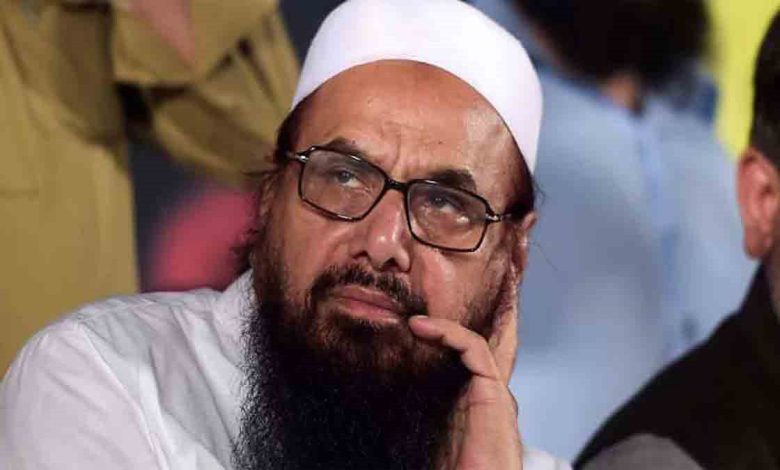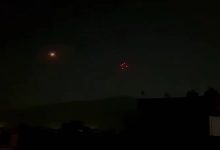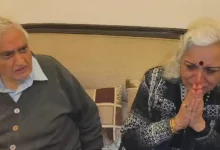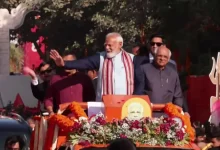Hand Over Hafiz Saeed, Things Will be Over: Indian’s Message to Pakistan

India’s Ambassador to Israel, JP Singh, has delivered a clear message that India’s military operation against Pakistan is merely “paused” rather than “over,” urging Pakistan to extradite key terrorists linked to the 2008 Mumbai attacks, including Hafiz Saeed, Sajid Mir, and Zakiur Rehman Lakhvi.
Speaking during an interview with Israeli television channel i24 on Monday, Singh drew parallels to the United States’ extradition of Tahawwur Hussain Rana, another accused in the 26/11 Mumbai terror attacks, suggesting Pakistan could take similar action.
The diplomat explained that Operation Sindoor was initially launched in response to the April 22 Pahalgam terror attack, where attackers targeted victims based on their religion. “The terrorists killed people based on their religion. They asked people their religion before killing them and 26 innocent lives were lost,” Singh stated.
“India’s operation was against terror groups and their infrastructure, to which Pakistan responded by attacking Indian military installations,” he added.
When questioned about the current ceasefire status, Singh confirmed it remains intact but emphasized that India has only temporarily suspended its military operation. “The fight against terrorism will continue. We have set a new normal and the new normal is that we will follow an offensive strategy. Wherever terrorists are, we have to kill those terrorists and we have to destroy their infrastructure. So it is still not over but as we speak the ceasefire is still intact,” he asserted.
“Game Changer” Strike
Singh characterized India’s May 10 strike on Pakistan’s Nur Khan base as a “game changer” that reportedly caused significant concern in Islamabad. According to the ambassador, this prompted Pakistan’s Director General of Military Operations to contact their Indian counterpart seeking a ceasefire.
Addressing Pakistan’s claim that India’s suspension of the Indus Waters Treaty constitutes an “act of war,” Singh countered that Pakistan had never upheld the treaty’s foundational principles of goodwill and friendship.
“While we allowed water to flow, Pakistan allowed terror to flow into India,” he stated, adding that Prime Minister Modi has made it clear that “blood and water cannot flow together.”
Singh explained that public frustration in India regarding Pakistan’s continued support for terrorism led to the treaty being put in abeyance. “While the IWT is in abeyance, another IWT is operational—India’s War on Terrorism,” he noted.
Demand for Action
The ambassador highlighted the continued freedom of terrorists responsible for major attacks in India despite years of evidence and international pressure.
“We have given dossiers and technical inputs. America has shared evidence. Yet, these men roam free,” he said. “When the U.S. can hand over Rana, why can’t Pakistan hand over these terrorists? They have to simply hand over Hafeez Saeed, Lakhvi, Sajid Mir and things will be over.”
Singh dismissed Pakistan’s offer to investigate the Pahalgam attack as a diversionary tactic, questioning what had happened to investigations into previous attacks in Mumbai, Pathankot, and Pulwama.
He called for stronger global coordination among nations facing terrorism. “Countries like India and Israel must cooperate and form a coalition not just against terrorism, but against those who support it,” he said.
Singh concluded by referencing the Prime Minister’s stance: “The Prime Minister has made it clear—we have zero tolerance on terrorism. Cross-border terrorism is unacceptable.”
(With PTI Inputs)




